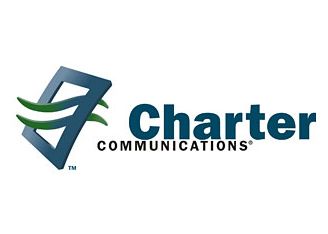Charter Proxy: Revenue Could Hit $16B in 5 Years
The smarter way to stay on top of the multichannel video marketplace. Sign up below.
You are now subscribed
Your newsletter sign-up was successful

Charter Communications expects to nearly double its revenue to $16.3 billion in 2019 from $8.4 billion in 2013 as a result of the swaps, sales and spinoffs associated with the Comcast-Time Warner Cable merger, outpacing the impact most analysts had expected the deals would have on the company.
In a proxy statement at the Securities and Exchange Commission — filed because of an upcoming special shareholders’ meeting Charter will hold concerning the deals — Charter said it expects its total pro forma revenue to rise from an estimated $11.4 billion in 2014 to $16.3 billion by 2019. Pro forma cash flow is expected to rise from $4.4 billion in 2014 to $6.6 billion by 2019.
In 2013, Charter reported total revenue of about $8.4 billion and adjusted EBITDA of $2.9 billion.
Back in April, Charter cut a series of deals with Comcast and Time Warner Cable in which Stamford, Conn.-based Charter would swap systems with 1.6 million of its subscribers for Comcast properties with 1.5 million customers.
Charter also agreed to buy systems with 1.4 million customers from Time Warner Cable. And Charter will own 33% of a separate, publicly traded entity called GreatLand Connections, which includes former Comcast systems in the Midwest and Southeast with 2.5 million subscribers.
Charter will manage the systems for GreatLand — and receive a management fee of 4.25% of GreatLand’s revenue, or an estimated $200 million in 2015 — and the properties will take advantage of Charter’s programming contracts.
GreatLand, headed by cable veteran and former Insight Communications chairman Michael Willner, is expected to report revenue of $4.6 billion in 2014, rising to $6 billion by 2019. That figure could rise even higher if GreatLand participates in continued industry consolidation, as is expected.
The smarter way to stay on top of the multichannel video marketplace. Sign up below.
Analysts had been conservative in their forecasts mainly because about half of the new Charter will consist of slower-growth — Charter’s characterization — Time Warner Cable systems.
While CEO Tom Rutledge said recently that those TWC systems are “where Char ter was a couple of years ago,” in terms of their digital networks, he noted that Charter converted 4 million customers to all-digital in about 13 months.
